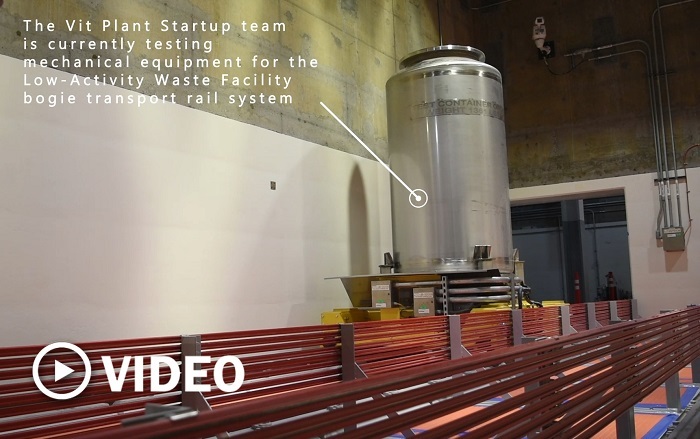Y-12 cleanup project recovers, reuses mercury

Crews cleaned and demolished COLEX equipment on the west end of the Alpha-4 building at the Y-12 National Security Complex. Photo: DOE
The Department of Energy’s Oak Ridge Office of Environmental Management and its contractor UCOR have found a way to reuse instead of dispose of mercury collected from a cleanup project at the Y-12 National Security Complex, near Oak Ridge National Laboratory in Tennessee. “This questioning attitude and innovative thinking by our workforce is a major contributor to how our program is able to accomplish its projects under budget and ahead of schedule on a consistent basis,” said OREM manager Jay Mullis.
The DOE is conducting a number of projects to address mercury contamination—the most significant environmental risk is at Y-12, according to the agency. The work includes the cleanout and removal of equipment at Y-12's Alpha-4, a building that was used initially for uranium separation in 1944 and 1945. Ten years later, the building started being used for lithium separation, a process that required large amounts of mercury and involved column exchange (COLEX) equipment. Over the years, a significant amount of mercury from the process leached into the equipment, buildings, and surrounding soils.









